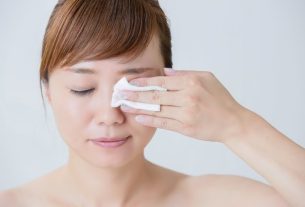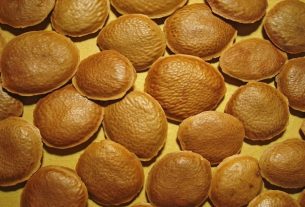Dandruff is an uncomfortable situation that is generally caused by increased skin oiliness or fungal growth on the scalp, causing the appearance of small white patches of dry skin throughout the hair, an itching and burning sensation.
However, there are some home remedies that can be made at home with vinegar or lemon, for example, that help control oil and excess fungi, combating dandruff.
In addition to controlling dandruff, it is also important to avoid washing your hair with very hot water, eat a low-fat diet and not wear caps or beanies, as these are habits that can worsen the appearance of dandruff. See more about dandruff and what to do to avoid it.
Below we indicate some home remedies that can be used against dandruff:
1. Apple cider vinegar
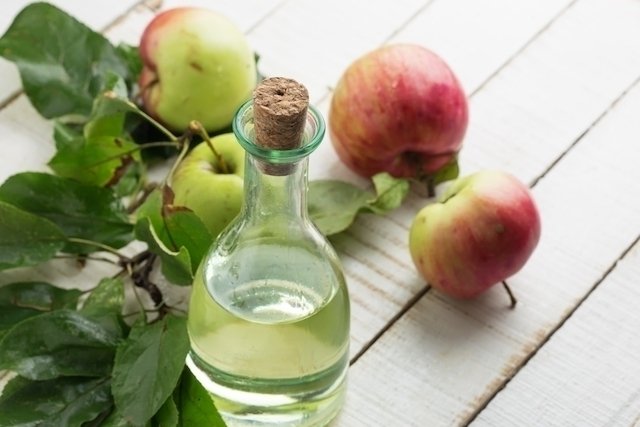
Although there are no scientific studies carried out using apple cider vinegar to eliminate dandruff, the truth is that vinegar has excellent properties that help eliminate excess fungi and bacteria, which may be the cause of the problem.
Additionally, the acidity in vinegar also helps remove dead skin cells and excess oil from the scalp.
How to use: mix ½ glass of apple cider vinegar with ½ glass of water. Dip a piece of cotton into the mixture and rub it over the entire scalp. Then, massage the scalp with your fingertips for 2 to 3 minutes and let it rest for another 20 minutes. Finally, wash your hair with cold water, rinsing well. This process can be done once a day, until the dandruff is eliminated.
See another way to use vinegar to treat dandruff.
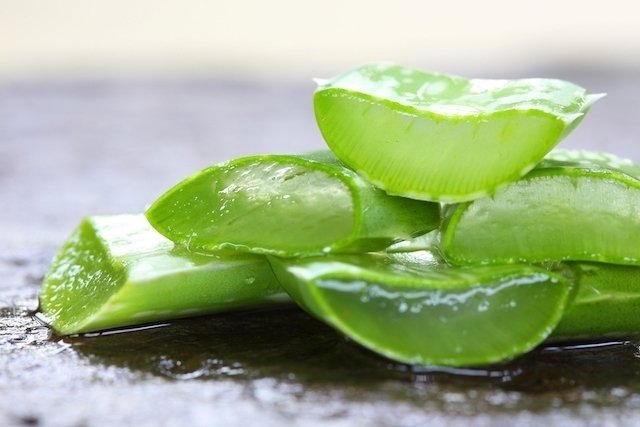
The gel that can be removed from the aloe leaf contains excellent medicinal properties for the skin, being able to relieve irritation and hydrate. Therefore, applying this gel to the scalp is a great natural way to reduce flaking and reduce itching and burning sensations.
In addition, aloe vera also has good antifungal properties that allow it to balance the scalp flora.
How to use: Remove the gel from the inside of the aloe leaf and apply it to the scalp, massaging lightly with your fingertips. Then, leave it to act for 30 minutes and, at the end, remove the aloe vera gel with a neutral shampoo and cold water. This process can be repeated 2 to 3 times a week.
3. Oil of tea tree
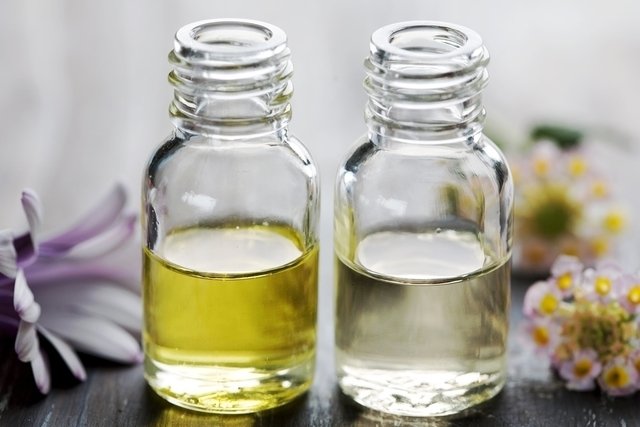
The essential oil of tea tree or melaleuca, as it is popularly known, is an excellent natural antiseptic that helps eliminate fungi and bacteria, and is therefore used to treat various types of skin infections.
Due to these properties, this oil can also be added to shampoo to help alleviate dandruff, especially when it is being caused by an imbalance in the amount of fungus.
How to use: Put a little shampoo in your hand and then mix it with 1 or 2 drops of essential oil. tea tree. Then, rub the mixture into your hair and massage your scalp with your fingertips. Finally, remove the shampoo completely with cold water.
4. Lemon juice
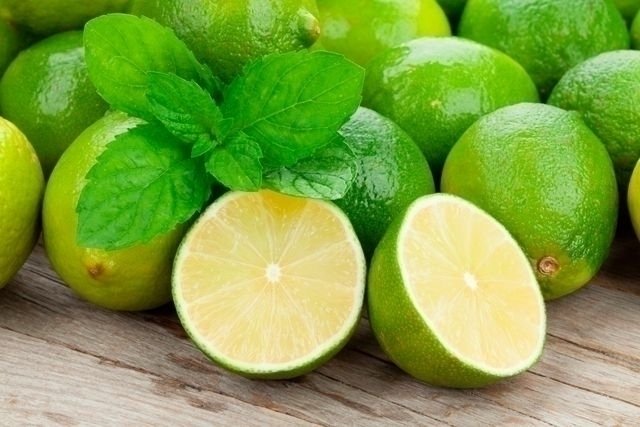
Vitamin C and antifungal properties in lemon fight dandruff and prevent fungal overgrowth. Furthermore, due to its acidity, it reduces itching, balances the pH of the scalp and reduces the oiliness of the hair, also promoting hydration.
How to use: cut a lemon into 2 halves and squeeze the juice. Then, dip some cotton balls in the juice and apply the juice to the hair roots using the cotton. Let it rest for 10 minutes and then wash your hair with cold water. After using lemon, it is important to avoid going outside with your scalp uncovered, as lemon can cause a burn to the skin.
5. Sage and rosemary tea
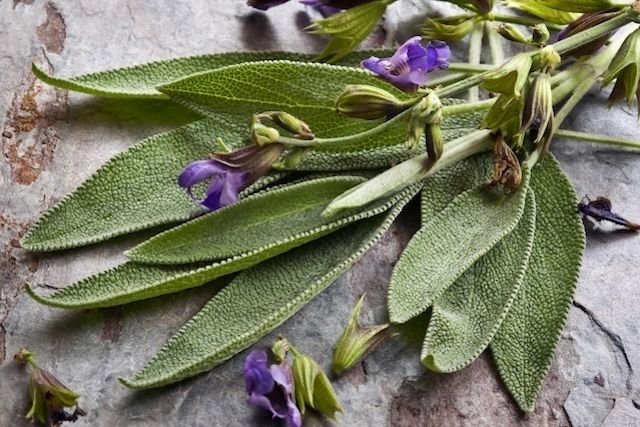
Rosemary and sage have anti-inflammatory and antiseptic properties, helping to fight fungi that cause dandruff.
Ingredients
- 2 teaspoons of sage leaves
- 1 teaspoon of rosemary leaves
- 1 cup boiling water
How to use
Add the sage and rosemary leaves to a cup of boiling water and let it rest for 10 minutes. After cooling, place in a container with a little shampoo and mix well, using the mixture to wash your hair. In addition, alcoholic sage extract can be applied to the main dandruff outbreaks several times a day.
6. Thyme tea
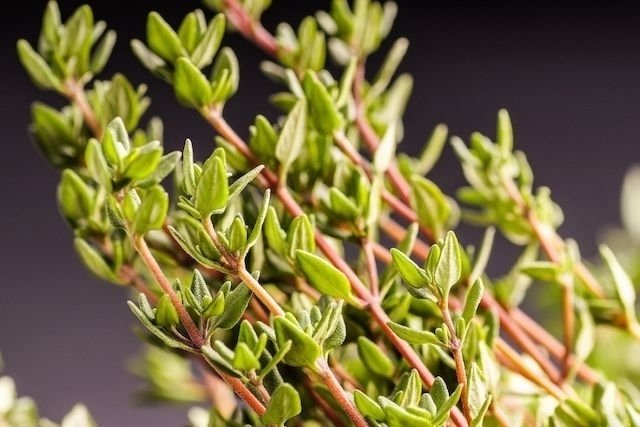
Thyme has antimicrobial properties, helping to fight the fungus that causes dandruff. Furthermore, it improves blood circulation, which helps to strengthen the hair and restore the scalp.
Ingredients
- 4 tablespoons of thyme;
- 2 cups of water.
How to use
Add the thyme to the cup of boiling water and cover, letting the mixture rest for approximately 10 minutes. After the tea has cooled, it should be strained and applied to wet hair, gently massaging the head to spread the mixture and make sure the tea reaches the entire scalp. Let your hair dry without rinsing again.
7. Elderberry tea
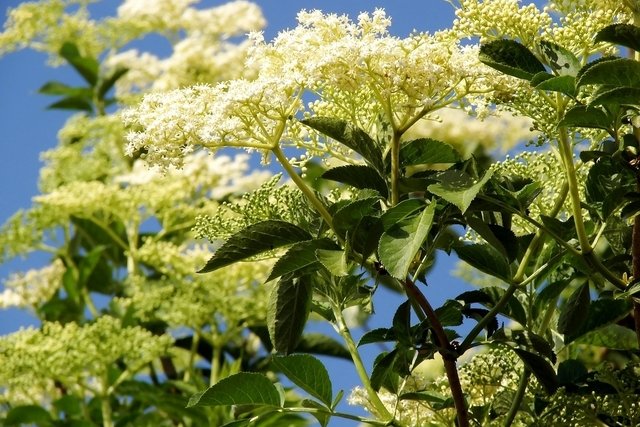
When applied to the skin, elderberry works to reduce inflammation, and therefore helps to relieve scalp irritation and itching caused by dandruff.
Ingredients
- 2 teaspoons of elderberry leaves;
- 1 glass of water.
How to use
Place the elderberry leaves in a pan of hot water, covering the cup and letting the mixture rest for 15 minutes. Wash your head normally and after the last rinse, apply the tea to your hair and let it dry naturally.
8. Coconut oil
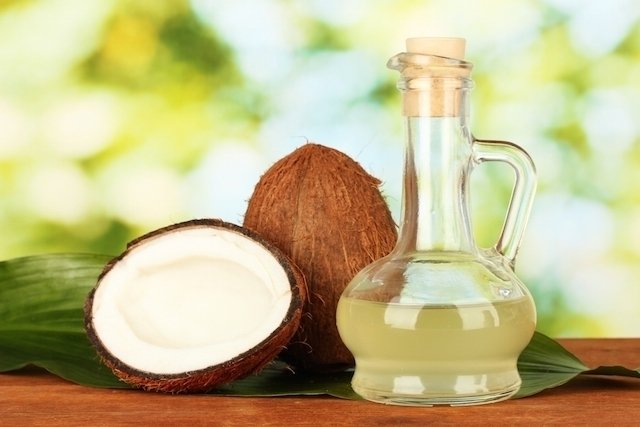
Coconut oil has properties that help hydrate the scalp, preventing dry hair, in addition to having anti-inflammatory action, relieving itching, and is therefore considered a useful home remedy for treating dandruff.
Furthermore, coconut oil has antimicrobial properties, promoting control of the growth of fungi on the scalp responsible for dandruff.
How to use: Apply liquid coconut oil to the scalp, performing circular massages to facilitate its penetration into the hair follicles. Also apply along the hairline and ends. Then, cover your hair and scalp with a cap and leave it on for about 20 minutes and then wash your hair normally.

Sign up for our newsletter and stay up to date with exclusive news
that can transform your routine!
Warning: Undefined array key "title" in /home/storelat/public_html/wp-content/plugins/link-whisper-premium/templates/frontend/related-posts.php on line 12
Warning: Undefined array key "title_tag" in /home/storelat/public_html/wp-content/plugins/link-whisper-premium/templates/frontend/related-posts.php on line 13

